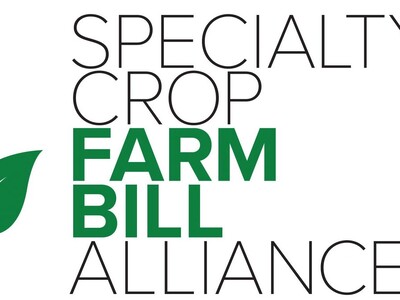Pet Distress
Pet Distress. I'm Greg Martin with Washington Ag Today.The fires in the northwest have had a major impact on life in general. Air quality has been reduced and in some areas there have been advisories to avoid being out doors. According to Charlie Powell, WSU College of Veterinary Medicine public information officer, that goes for your animals as well.
POWELL: Any advice you see for human beings can also be applied to animals. Birds are even, essentially much more sensitive to smoke and particulates in the air just simply because they have a different respiratory system and those sorts of things and it truly can be the canary in the cool mine when it comes to pet birds.
Powell recommends if at all possible to bring animals inside.
POWELL: It's very important with these conditions right now that there be abundant free choice water for animals because that's going to keep them hydrated and keep their respiratory system pushing any particulates that do get in their lungs out but they also need to be protected like we do with indoors if at all possible and any measures we can take to help.
He says there are some signs to watch for.
POWELL: Things like rapid breathing, shortness of breath, going off of feed, general lethargy those types of things. Increased salivation. In the worst case scenarios they can lost consciousness, they can seize just like a human being would if they were exposed to high smoke levels.
And that's Washington Ag Today. I'm Greg Martin, thanks for listening on the Ag Information Network of the West.















